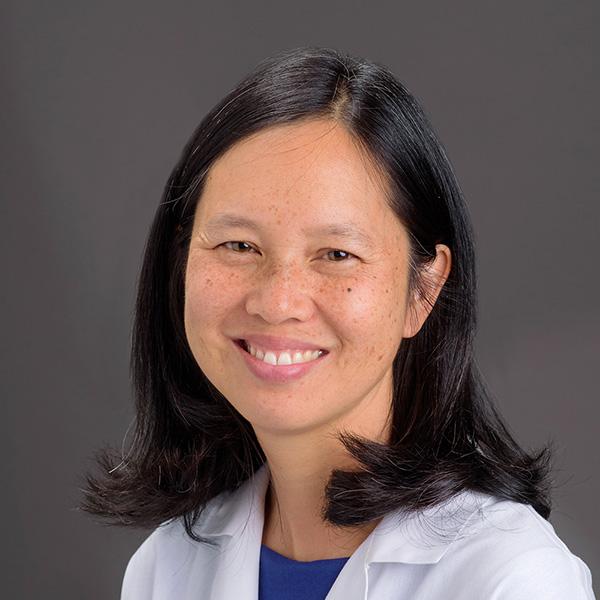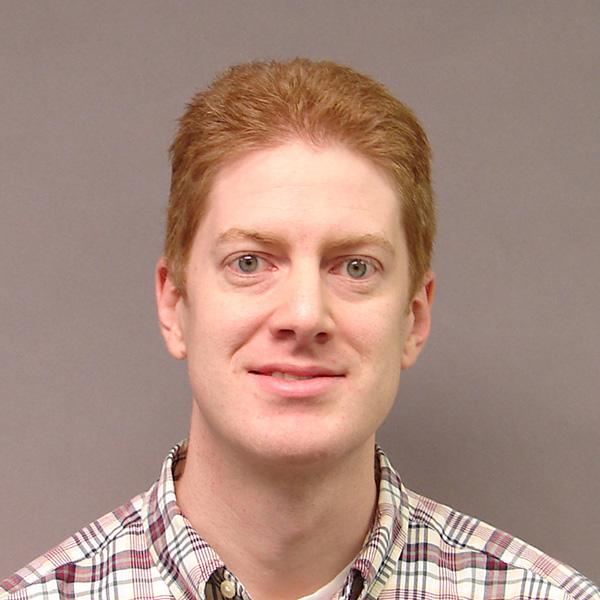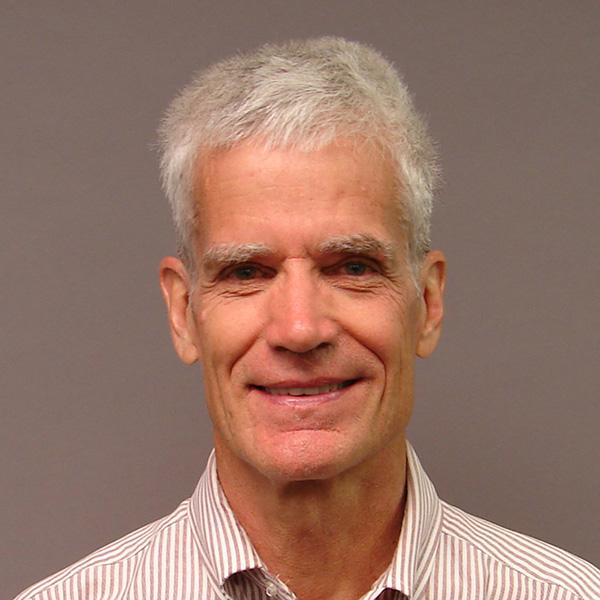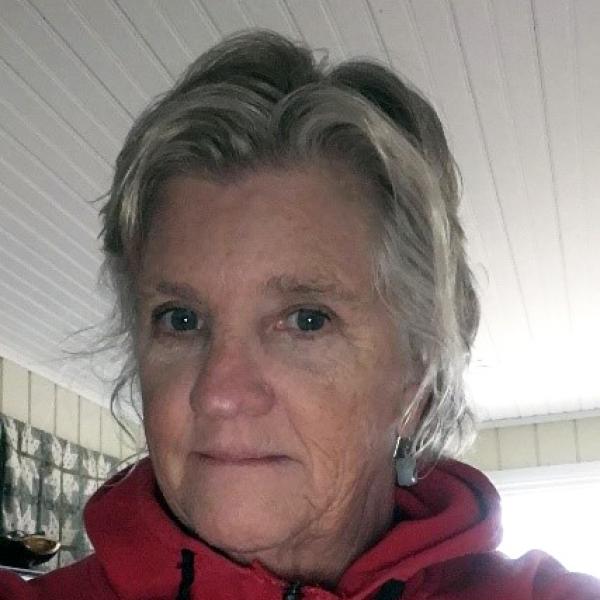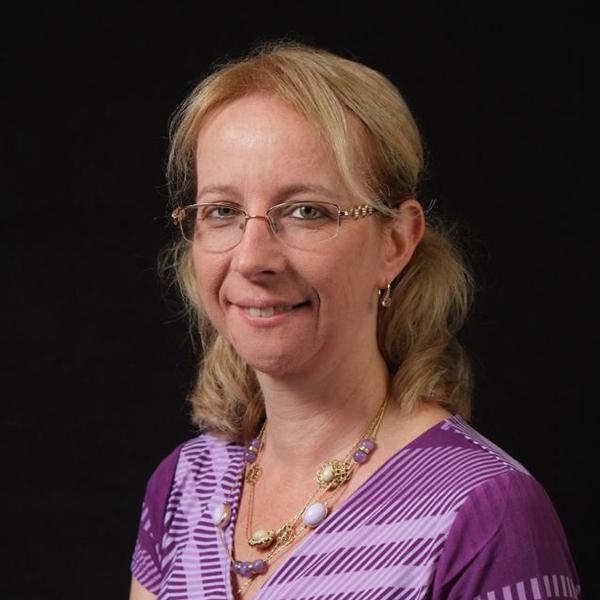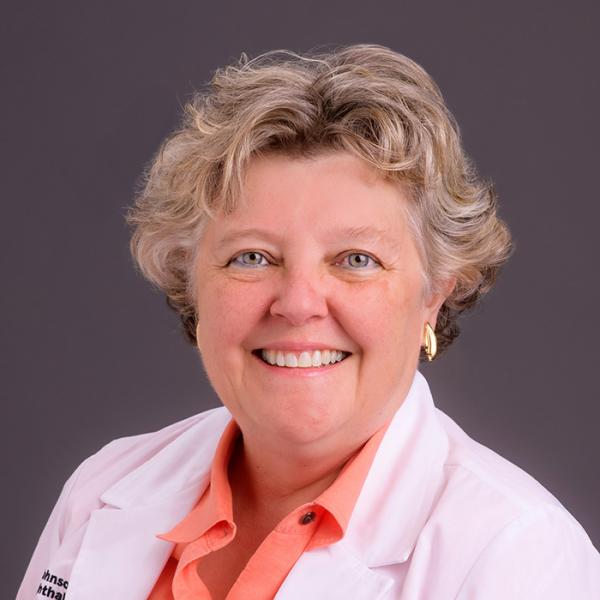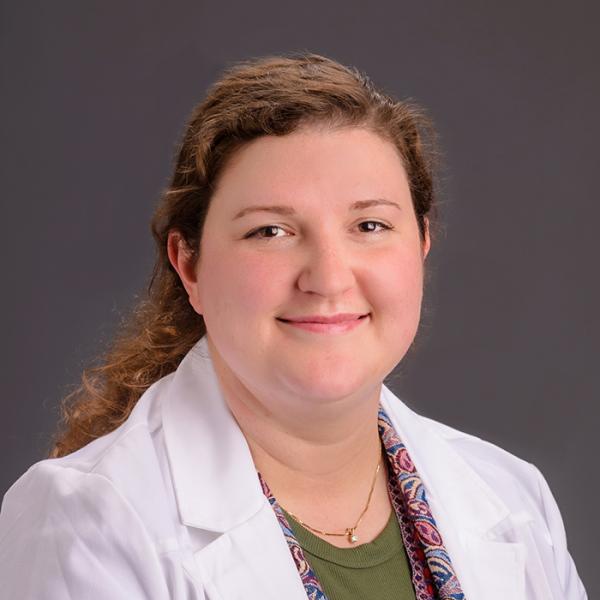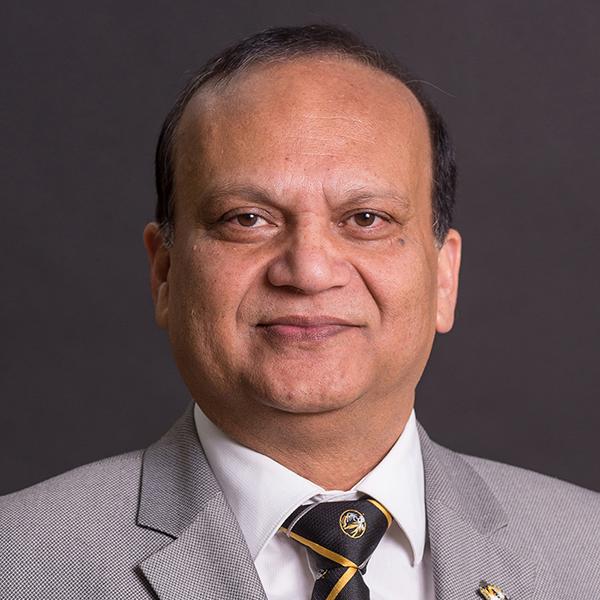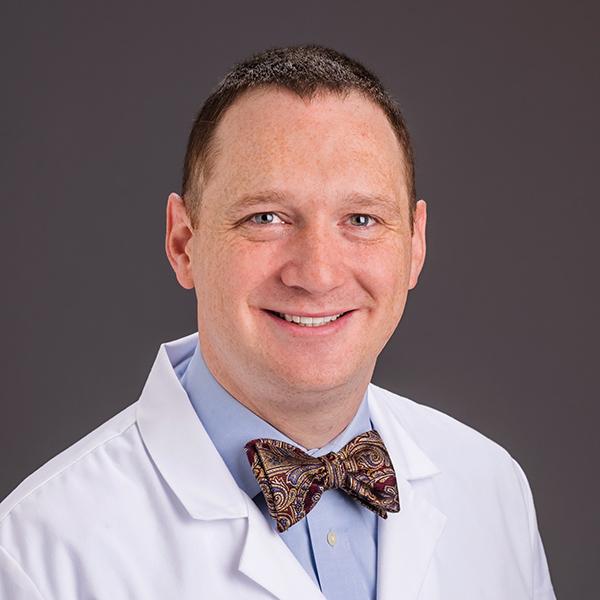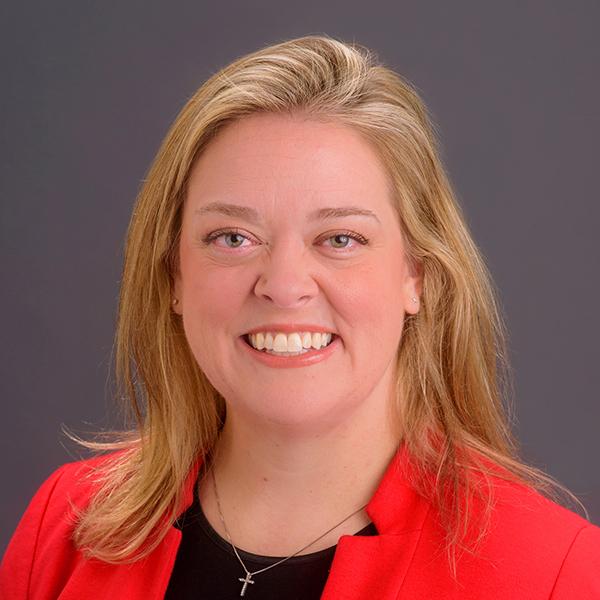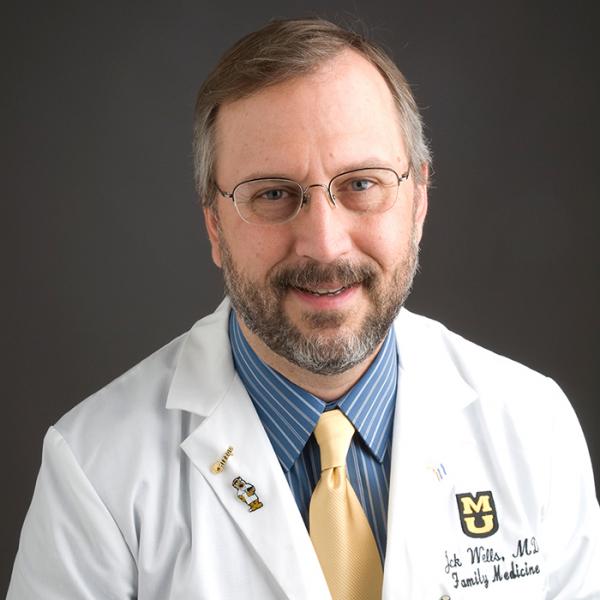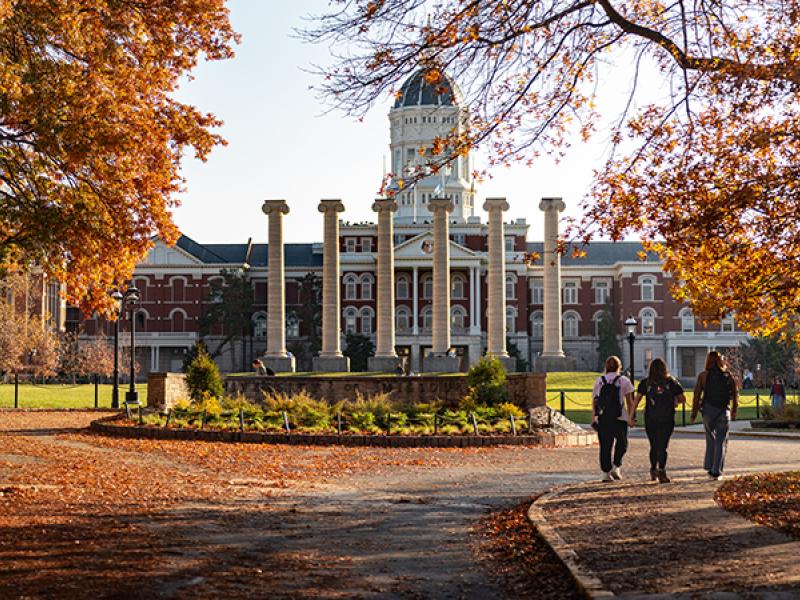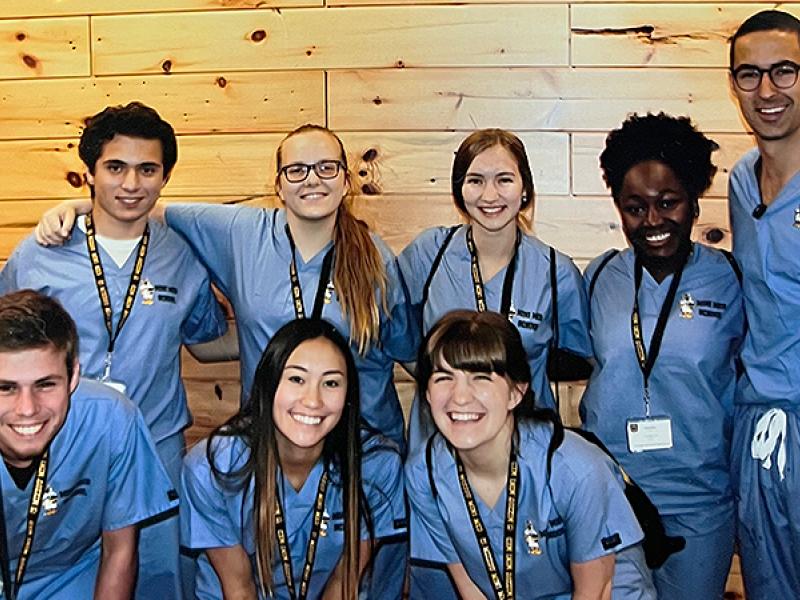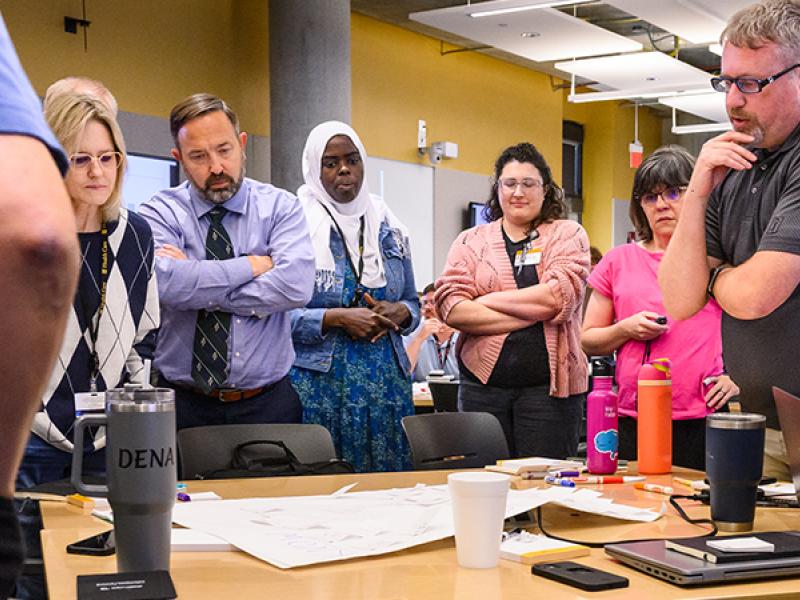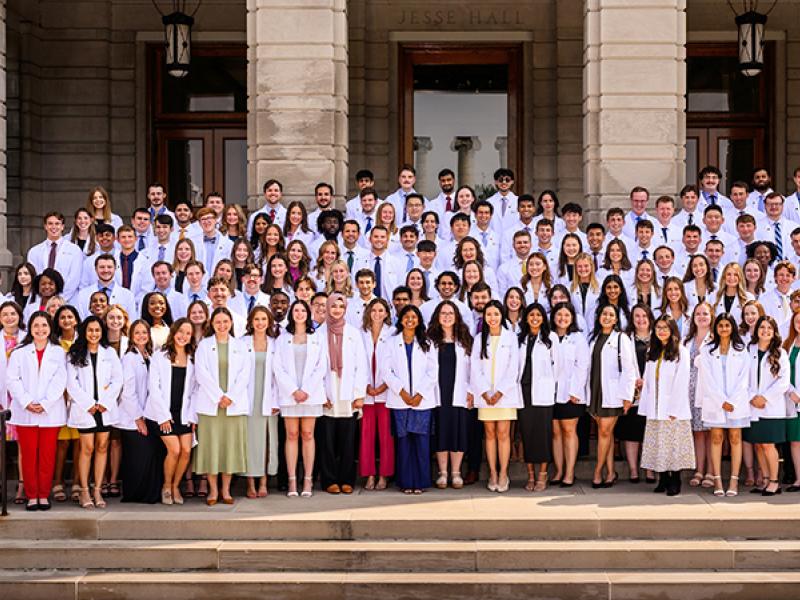For medical students who are eager to serve diverse patient populations both in the US and abroad, as well as gain a better perspective on the global health-care landscape, the School of Medicine’s Global Health Scholars Program (GHSP) offers a formal curriculum to enhance students' knowledge and skills in global health.
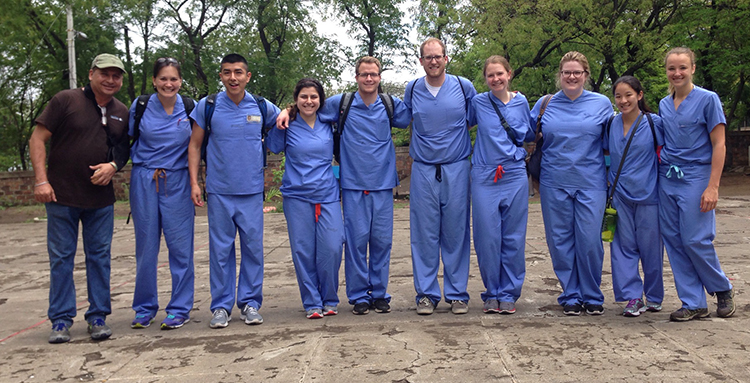
GHSP Mission Statement
The mission of the Global Health Scholars Program is to support interested students in distinguishing themselves as scholars in global health through immersion experiences, scholastic efforts, education, and reflection. Scholars will develop a foundation of global health knowledge and skills that will enable them to confidently incorporate global health into their future careers. Scholars will grow in the areas of: reflection, education, immersion, and scholastic efforts.
Program Requirements
Education: Learn, Question, Understand
- 4 faculty lectures
- Attend 2 InSIGHT discussions
- Attend 2 documentary discussions
- Attend 1 global health reading discussion
Immersion: Go, See, Engage
- Complete 1 GHSP - approved immersive experience
Immersion activities must be at least 40-hours long and can include:
- Research projects with a global focus
- Long-term domestic volunteering with emphasis on refugee, immigrant, or particularly vulnerable population.
- Observerships at hospitals or healthcare centers outside the United States.
- Other activities that can be supported as closely and adequately paralleling the immersion experience goals.
Capstone: Synthesize, Present, Contribute
- Complete 1 research project or reflection piece for poster presentation at a GHSP Capstone Showcase Event
Application Process
Applications open during the month of October. M1 and M2 students are welcome to apply.
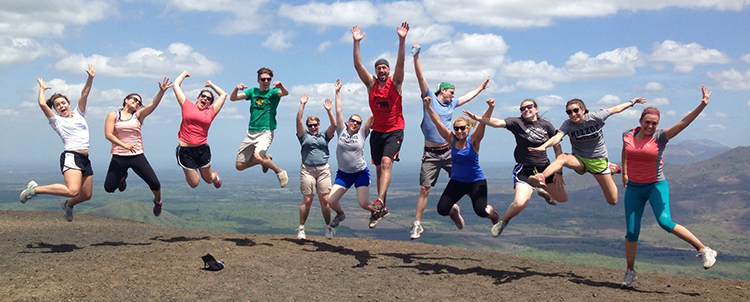
Are you a Mizzou Faculty member interested in getting involved with the Global Health Scholars Program?


